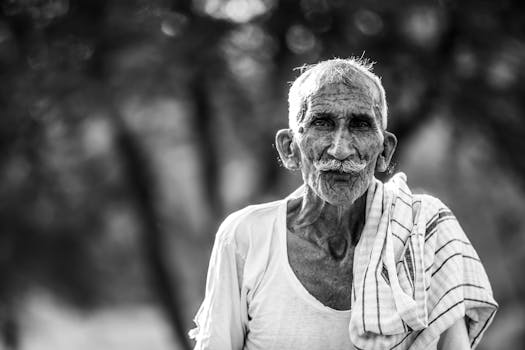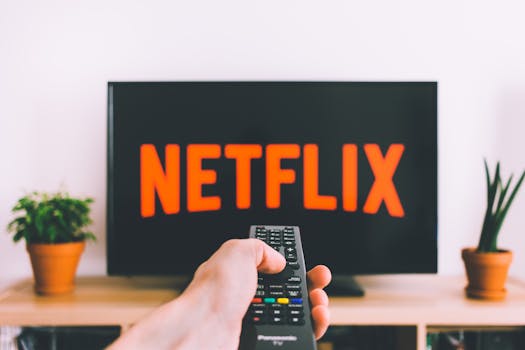Anúncios
I’d be happy to share the blog post with you.
Reality television programs have become a staple, in entertainment for quite some time now by engaging viewers with their mix of drama and humor set in real life situations. A current focal point in discussions about these shows is the examination of how they affect society and individuals. This subject delves into the ways in which reality TV programs mold our views of reality itself impact our actions and mirror the norms and principles, in society.
Some believe that reality TV programs can influence viewers negatively by endorsing beauty ideals and materialism while emphasizing conflict filled storylines Critics claim that such shows reinforce stereotypes and encourage unhealthy competition Consequently diminishing empathy and genuine human relationships On the contrary supporters of reality TV argue that these programs serve as a form of escapism, from daily life and allow for a range of perspectives and narratives to be showcased
A popular subject of discussion, in television analysis is the growing popularity of streaming services and how binge watching affects viewers habits and behaviors. Platforms such as Netflix, Hulu and Amazon Prime offer audiences options of TV shows and films enabling them to watch episodes consecutively. This practice has led to conversations about the impacts of binge watching, on individuals mental well being productivity and interpersonal connections.
In general the study of television programs is a changing area that adapts to the evolving entertainment scene. Investigating themes such, as the effects of reality TV, on society and the trend of binge watching allows experts to understand how shows impact our culture and daily routines. With the entertainment sector expanding and becoming more varied it will be intriguing to observe how these patterns progress and influence the future of television analysis.



